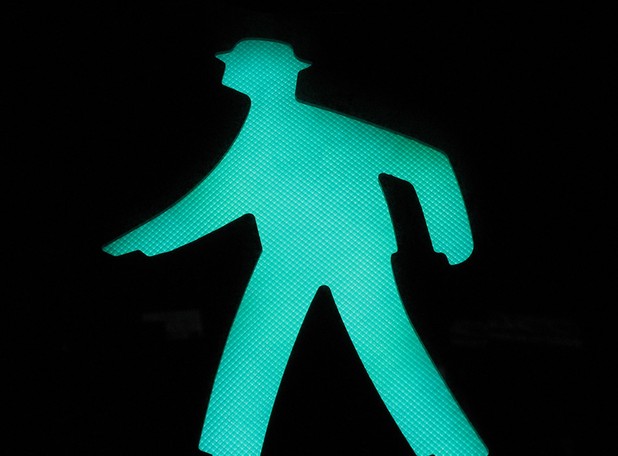- Story Highlights
-
- Neural Recovery: Chronic alcoholics with ataxia can expect some recovery after prolonged sobriety
- Some Deficits Remain: Even long sober recovering alcoholics had trouble performing eyes-closed balance tests
Even Brain Damaged Alcoholics Can Expect Neural Recovery with Prolonged Sobriety
Comments (13)A study which proves that it is never too late to quit drinking shows that even severely brain damaged alcoholics (who suffer balance and walking problems from their neural deficits) will recover much balance and motor function in time.
Chronic heavy drinking can damage a number of brain structures, such as the cerebellum, a structure in the brain that is responsible for balance and coordination, the striatum, an area of dopamine transmission that plays a role in movement and subcortical white matter, which plays a role in managing motor feedback systems. One consequence of this diverse brain damage is compromised balance and a stumbling and unbalanced walking gait, known as ataxia.
How much recovery from balance and walking difficulties can an alcoholic expect after abstinence?
Studies on short term abstinence have revealed little recovery, so researchers at Neurobehavioral Research Inc. took a look at how well a person might expect to recover after prolonged abstinence.
The Study
The researchers evaluated a sample of 70 alcoholics who had been sober for between 6 and 15 weeks (short term abstinence) and 82 alcoholics who had been sober for at least 18 months and for an average time of over 7 years. All alcoholics had a similar history of drinking duration and intensity.
The Results
- Long term sobriety led to improved performance on tests of balance and walking compared to the performance of the short term sobriety group.
- While longer abstinence led to improvements in eye-open testing, longer term abstinence alcoholics showed no improvement over short term abstinence alcoholics in testing done while subjects were asked to keep their eyes closed.
Eyes closed balance testing is considered more difficult and the deficits that persist show that while some neural recovery is possible with long term abstinence, some damage is clearly more enduring.
Commenting on the study findings, lead author Stan Smith said,”The bottom line is that impaired brain functions in alcoholics appear to recover with an extended abstinence, even if there is relatively little recovery with short-term abstinence. This means there is hope for significant recovery of balance function with extended abstinence."
The full study results can be read in the Dec 2011 edition of Alcoholism: Clinical & Experimental Research


